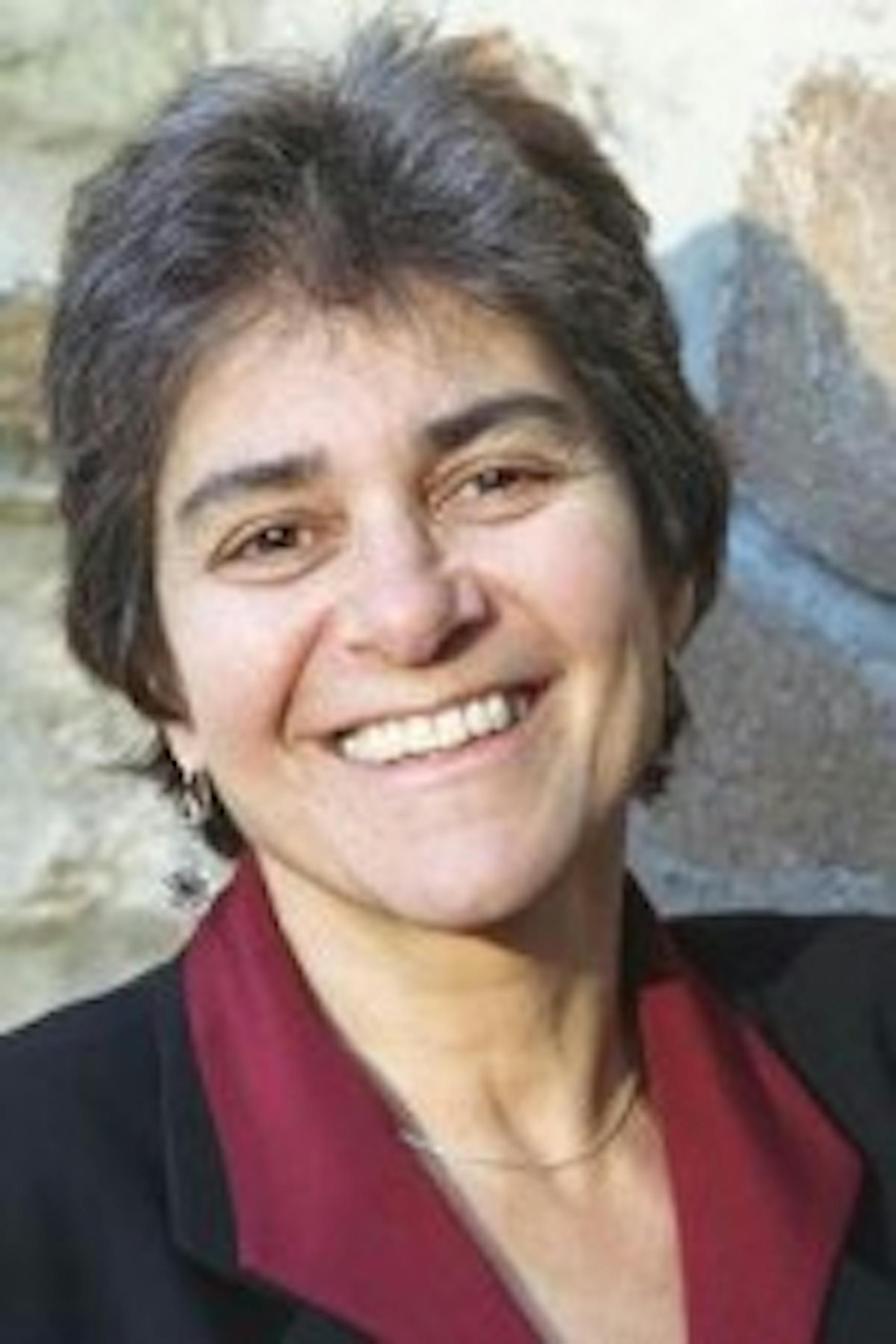Professors preview spring arts courses
College is really the only time that you can study something just for interest's sake. Yes, there are major requirements to fulfill, but any college student should take at least one class because it just sounds interesting or even plain bizarre. There are the typical courses: Biology, Calculus, Introduction to Psychology-but then there are also classes in subjects that you probably never would have thought could warrant a semester-long academic course. Here are some new artistic classes for this semester that stand out for their innovative curricula.
"Jane Austen: Gender, Justice, and the Art of Fiction," taught by Prof. Susan Lanser (ENG) will take a unique view of Jane Austen's fiction through the lens of social justice. Lanser has been teaching Austen for years and, as head of the Division of Humanities, she has been instrumental in creating the JustBooks program, a program created in fall 2013 in which a variety of seminars look at images of social justice within a variety of contexts including literature and history. In this class, Lanser decided to combine the two projects. She said in an email to the Justice, "It's an exciting experiment, one that I don't think has been tried elsewhere." Lanser noted that the class will "give particular attention to issues of gender, class, race, the enfranchisement of the 'lower orders' and the status of women." Students will cover wide grounds in Austen's fiction, reading Pride and Prejudice, Sense and Sensibility, Northanger Abbey and Emma. Students will also read Justice: What's the Right Thing to Do? by Michael Sandel '75. Although the class will not directly be discussing contemporary issues, Lanser hopes the class will "resonate with some of the current issues that Sandel addresses."
A new course in the Music department this semester, "Songwriting," taught by Prof. Seth Coluzzi (MUS), is a one-of-a-kind opportunity that musicians and aspiring songwriters should not pass up. Coluzzi promises a course in which students will learn technical aspects of songs and the art of songwriting but will also have the opportunity to compose their own pieces and to perform them or have them performed. Students will visit the Rose Art Museum in order to draw inspiration from the works on view for one of their major composition projects.
Keeping in line with Brandeis' focus on social justice, the course will explore social activism through song and students will explore, as Coluzzi puts it in his course proposal, the "communicative and communal aspects of song" through performances on campus as well as in public.
Coluzzi suggests that students interested in taking this class have a general knowledge of music such as knowledge of chords, scales and musical notation as well as the ability to sing or play an instrument.
"Sex and Space" taught by Prof. Talinn Grigor (FA) is one of those classes whose title is just too intriguing to resist. The course syllabus gives a glimpse into the relationship between sex and architecture, the theme of the class, noting, "Architecture is permeated with sexual metaphors-the shaft, the high(rise), the closet-and sexual and gender identities and politics have been shaped by architectural formations- the bathhouse, the kitchen, the harem, the interior, the secret garden." In the syllabus, Grigor also notes that the theme of sex has been excluded from academic discussion about architecture. This class promises to give the study of sex in architecture time to shine through lectures, discussions and presentations but also through more interactive and hands-on learning processes. Students will engage in building architectural models as well as take part in field trips into Boston.



Please note All comments are eligible for publication in The Justice.